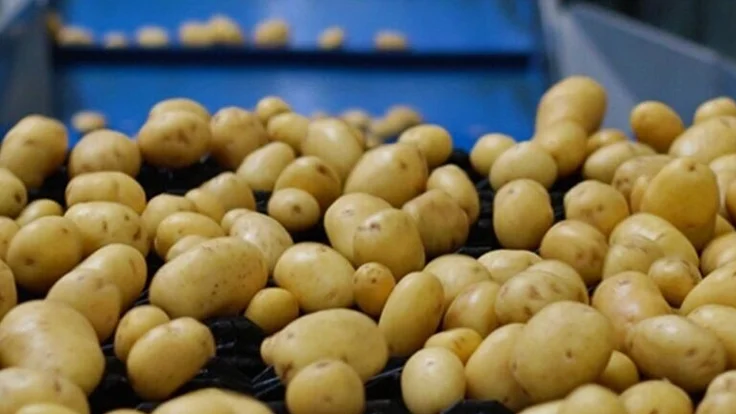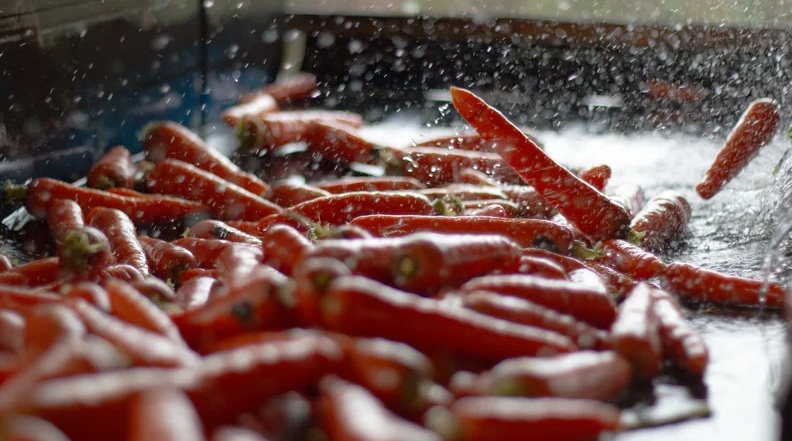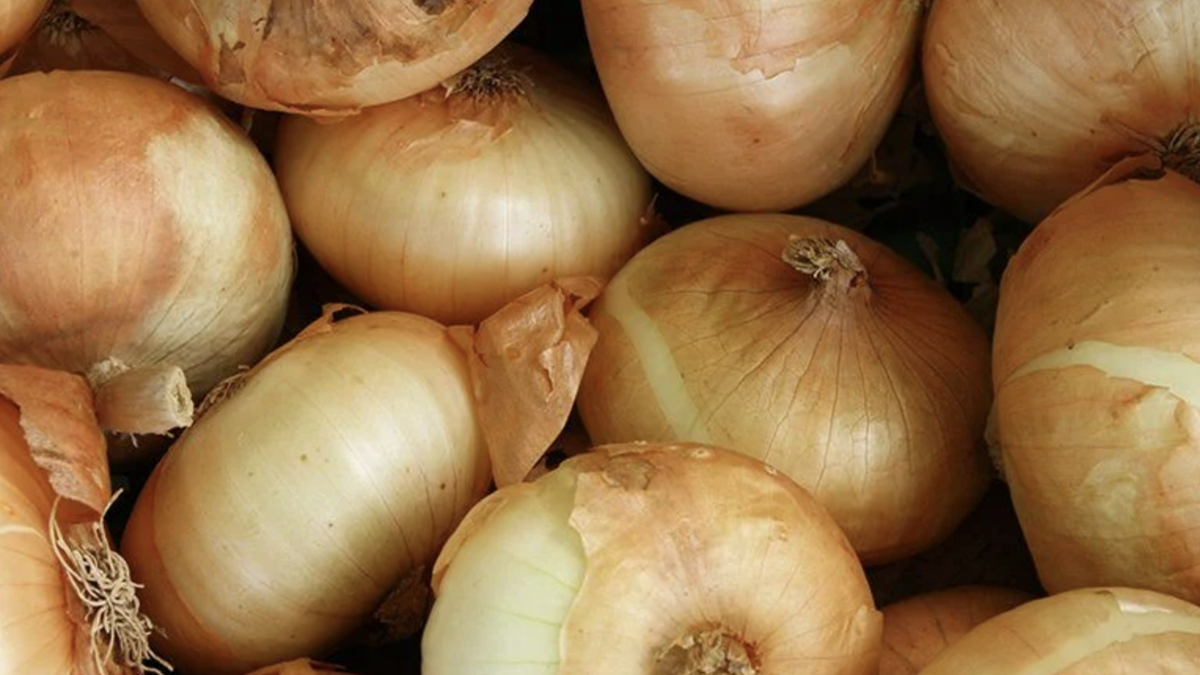Conditioning , Cooling and CA , Packaging , Processing
Success with mixed cropping at Lynchris Farm
The Crozier family has been supplying carrots, potatoes and onions to domestic and export markets for three generations. Their 400-hectare Lynchris Farm is situated in Leeston, just south of Christchurch on New Zealand?s South Island, where it makes the most of the alluvial soils and warm Canterbury summers. A mixed cropping farm supplying a single packhouse presented Wyma with a number of challenges, including the ability to switch the wash and pack-line seamlessly from carrots to potatoes. This was achieved through a multi-produce design philosophy from the start, and some clever use of flumes and by-pass systems. ?We chose Wyma as we knew their reputation, they were local, and also felt they were potentially world-leading in their approach and technology,? says Glen Crozier, Director of Lynchris Farms. A strong desire from the Croziers to achieve the best possible outcome for the end product saw the development of WYMA?s first series configuration of V4 Vege-Polishers?, as well as the installation of a range of other customized equipment, including: - Side-receiving Wet Hopper - Extensive fluming and conveying system - Flume Destoner - Screen piece remover - Compact Hydro-Cooler - Soft tip bin tipper and even flow system (Packing Line) - Dual automated bin fillers - Complete line automation (with line control screens positioned at key points) Installed in 2016, the Lynchris wash-line typically processes up to six tons per hour and is easily managed with a minimum of labor. A strong regime of preventative maintenance and continuous improvement has paid off, with very few issues impacting operations in the lines after five years of use. ?Wyma?s machine quality is good. But it is the end product that matters, and this is better than we had hoped for.? The Wyma team learned a great deal from the Lynchris project, improving and standardizing the many innovations developed. Importantly, our design team has had the unique opportunity to revisit the site and see how the equipment they designed and built is performing throughout the equipment?s life to ensure that we live up to our promise to get the best from every harvest.
07 May, 2020
The Crozier family has been supplying carrots, potatoes and onions to domestic and export markets for three generations. Their 400-hectare Lynchris Farm is situated in Leeston, just south of Christchurch on New Zealands South Island, where it makes the most of the alluvial soils and warm Canterbury summers. A mixed cropping farm supplying a single packhouse presented Wyma with a number of challenges, including the ability to switch the wash and pack-line seamlessly from carrots to potatoes. This was achieved through a multi-produce design philosophy from the start, and some clever use of flumes and by-pass systems. We chose Wyma as we knew their reputation, they were local, and also felt they were potentially world-leading in their approach and technology, says Glen Crozier, Director of Lynchris Farms. A strong desire from the Croziers to achieve the best possible outcome for the end product saw the development of WYMAs first series configuration of V4 Vege-Polishers, as well as the installation of a range of other customized equipment, including:- Side-receiving Wet Hopper- Extensive fluming and conveying system- Flume Destoner- Screen piece remover- Compact Hydro-Cooler- Soft tip bin tipper and even flow system (Packing Line)- Dual automated bin fillers- Complete line automation (with line control screens positioned at key points) Installed in 2016, the Lynchris wash-line typically processes up to six tons per hour and is easily managed with a minimum of labor. A strong regime of preventative maintenance and continuous improvement has paid off, with very few issues impacting operations in the lines after five years of use. Wymas machine quality is good. But it is the end product that matters, and this is better than we had hoped for. The Wyma team learned a great deal from the Lynchris project, improving and standardizing the many innovations developed. Importantly, our design team has had the unique opportunity to revisit the site and see how the equipment they designed and built is performing throughout the equipments life to ensure that we live up to our promise to get the best from every harvest.
https://youtu.be/bgKt12fRccw











